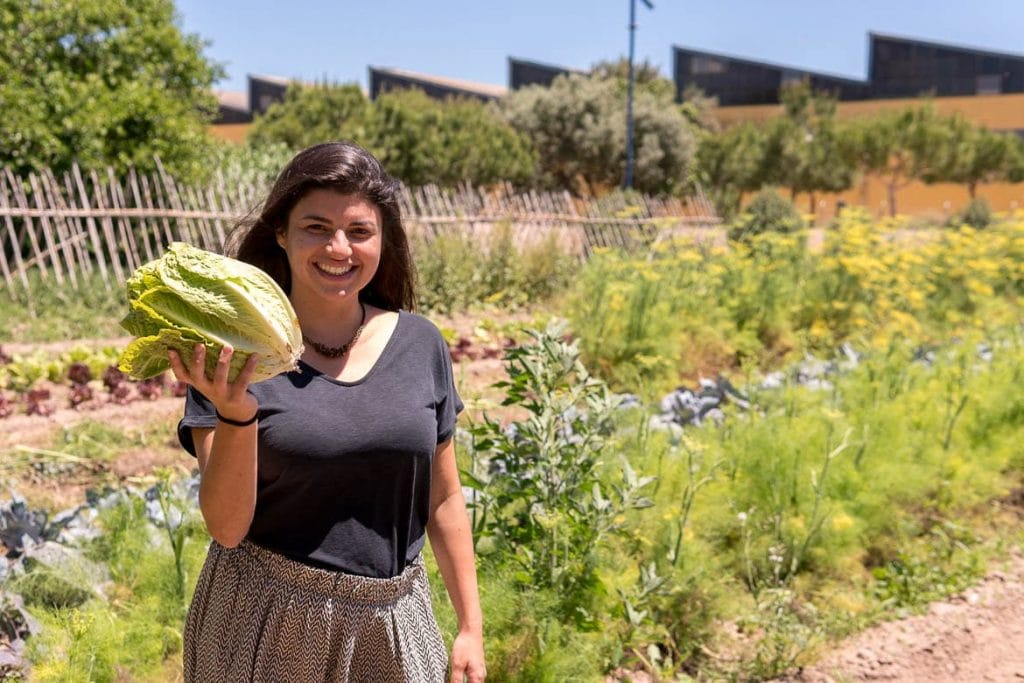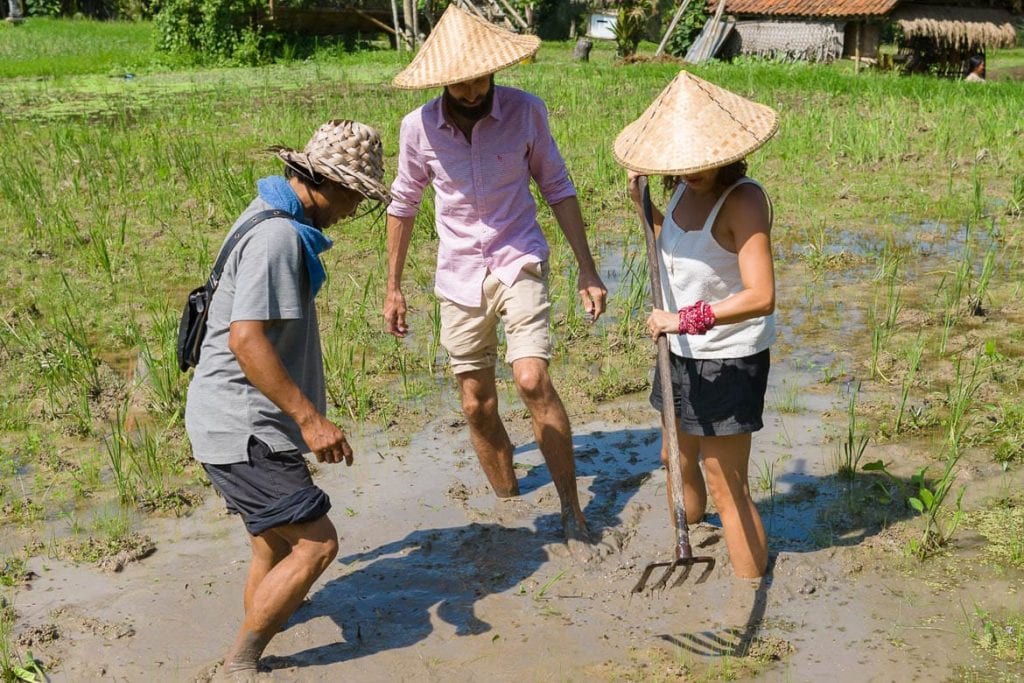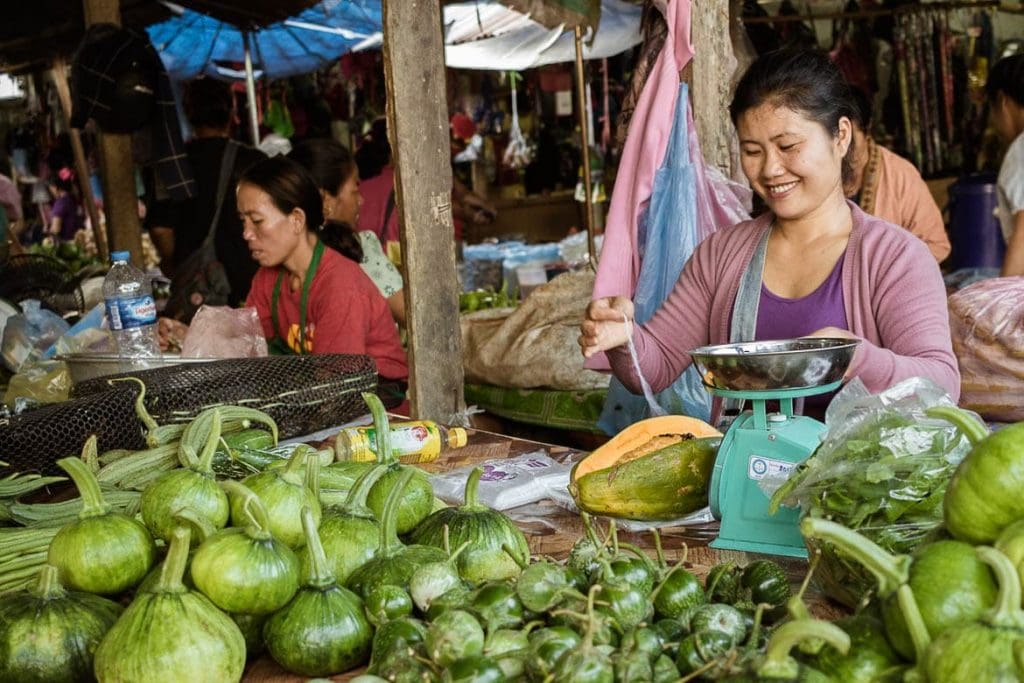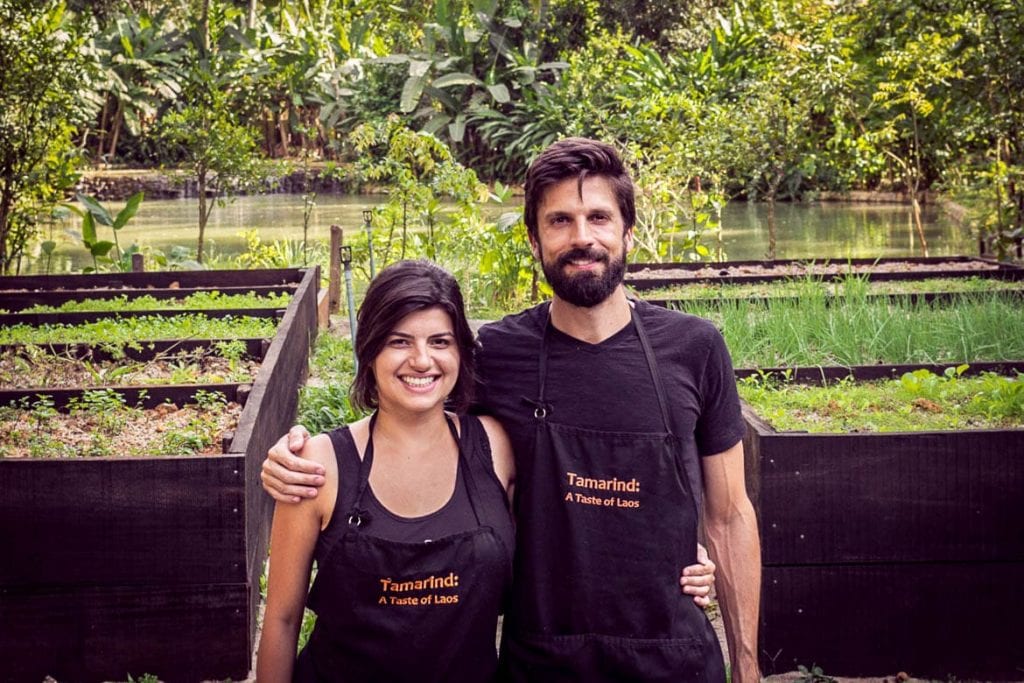Food tourism is a relatively new term, but there are already several definitions to describe it. In the same context, it is also common to find the terms Culinary Tourism and Gastronomy Tourism.
At Food’n Road, we define Food Tourism as activities that provide experiences of consumption and appreciation of food and beverages, presented in such a way that values the history, the culture, and the environment of a particular region.
Explore the cuisine beyond the plate
Exploring different cuisines has always been associated with moments of leisure and travel, but the concept of food tourism has recently evolved to encompass activities beyond the plate. These are tourist and entertainment activities that place culinary traditions as a pillar of regional identity and cultural heritage and value the relationship between food and society.
And this change is great, as it creates the possibility for people to approach food at different levels of the value chain and learn from those who produce it. In this way, it is possible to expand economic development to different layers of society and offer more personal and authentic experiences to the traveler.
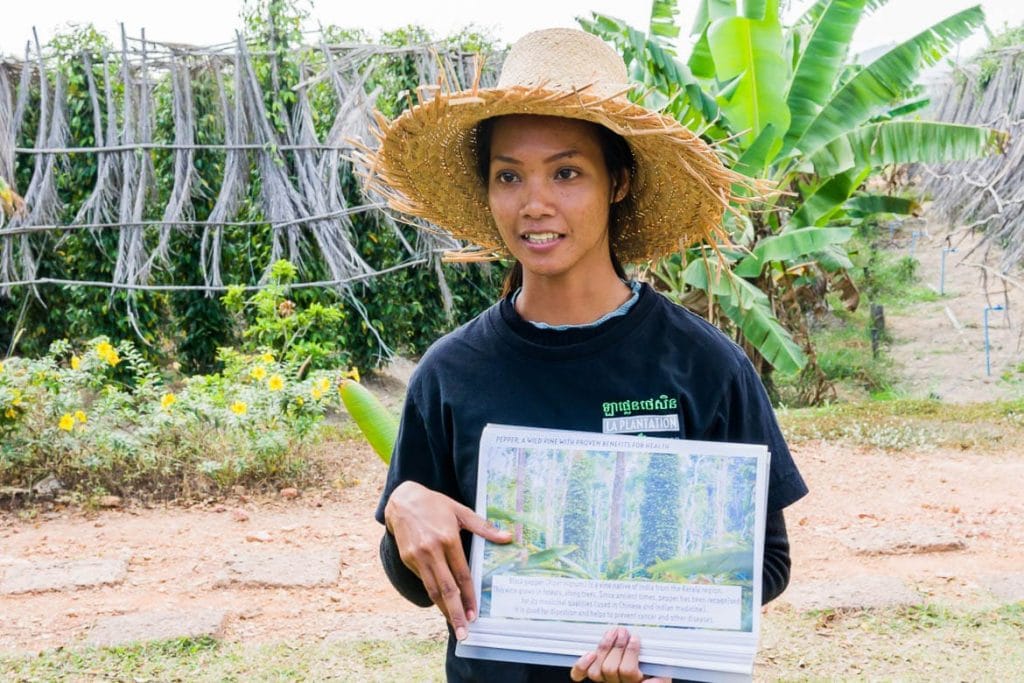
Activities of Food Tourism
Food tourism is much more than a list of restaurants or only high-cost activities with refined gourmet perception. It is also not focused only on agritourism. Nor does it require distant travels. It is related to all activities that use food as a means of connection between people, places, and time.
Food tourism is composed of activities that provide experiences of consumption and appreciation of food and beverages, presented in such a way that values the history, the culture, and the environment of a particular region.
Food’n Road
Examples of Food Tourism activities:
- Take a street food tour;
- Tasting of local dishes and beverages;
- Follow regional product routes (e.g., travel on wine or coffee routes);
- Eat at traditional restaurants;
- Share meals with local people;
- Participate in food events and festivals;
- Visit local markets;
- Learn about the production of food by visiting farms and artisan producers;
- Participate in cooking classes;
- Visit exhibitions that explain the history of local cuisine;
- Culinary expeditions with chefs and specialists.
The list is huge, and there are several models of gastronomy-related activities. It is a creative market because it embraces different representatives of the food, beverage, and hospitality industry. We are talking about: restaurants, farms, markets, artisan producers, hotels and hostels, street food vendors, chefs, galleries, and everything related.
Read more: The main types of activities in food tourism
What are the benefits of Food Tourism and why we support it!
Food tourism with a focus on cultural immersion is a strong ally for economic and social development, in addition to being unique and memorable for the traveler.
When done in the right way, food tourism, built together with the local community and respecting its identity, is a tool for changing two scenarios: the negative impacts of tourism (we explain better below) and the detachment between people and real food.
Food Tourism is related to all activities that use food as a means of connection between people, places and time.
Food’n Road
Tourism is not always associated with sustainable development. Many destinations are experiencing difficulties with regional and seasonal asymmetries. In other cases, local communities have been affected by massive tourism through gentrification, rising prices, and often attracting tourists with little awareness of their behavior and demands on the local community.
The scenario is quite different with a type of tourism that motivates people to know the countryside, diversified with food seasonality, and attracting people who seek to understand and relate in a more personal and respectful way to the local culture.
To strengthen this type of tourism, is it necessary to connect people in a more integrated way with the destination, and food does it very well!
At Food’n Road, we want to be agents of change, engage people to reflect about food beyond the plate, and contribute to responsible tourism development. We believe that every reflection starts with reliable information and is intensified with good experiences. Thus, food tourism is an excellent tool to initiate this change.
Did you like the idea? So find out now how to make a Food Trip!
